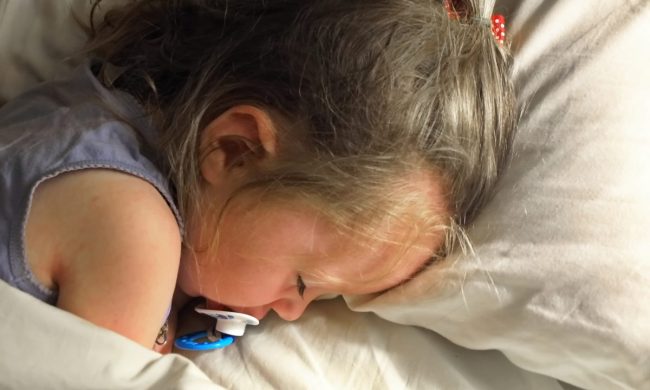Some of the most exciting milestones in life bring much joy but can also create some chaos. Change is often good but not always easy. Such can be the case of having a child. You might be amazed at how adding one additional little person can alter a family’s dynamic. Nonetheless, many families experience some confusion, so you’re not alone. Adapting is gradual and fortunately, possible. Therefore, looking out for the symptoms of male postpartum depression proves to be a valuable undertaking since there is treatment out there, and you, your partner, and healthcare provider can find resources for help with childcare, mental health wellness, and even moral support. What are the effects and, more importantly, does PPD go away? Here are some answers.
Dads need support too. Thus, we’re going to look at the subject of male postpartum depression and hopefully shed a light on this condition so as to bring hope to many and to encourage fathers to reach out.
What is male postpartum depression?
According to Dr. Will Courtenay, a practicing psychologist and founding editor of the International Journal of Men’s Health, paternal postpartum depression, also known as male postpartum depression, is more common than some people might think. New dads often experience a case of nerves or the blues after their partners have given birth. This is only normal considering the sleep deprivation and the altering of routines and lifestyles. However, when those blues go beyond just feeling tired and turn into mood swings or feelings of depression or anxiety, then it’s time to have a candid discussion with a healthcare provider. And just like new moms, fathers can also experience postpartum depression at any point during the child’s first year.

What causes male postpartum depression
Studies have pinpointed fluctuating hormone levels as a contributing factor to the onset of male postpartum depression. As Dr. Courtenay points out, men’s hormones undergo a change during their partner’s pregnancy and for some time after the birth has occurred. More specifically, testosterone levels decrease while estrogen, cortisol, and prolactin increase. This phenomenon brings about the father’s natural instinct to “want to stick around and bond with the baby.” However, when you combine this biochemical ebb and flow with a lack of sleep, you also have alterations that occur in the brain, thus triggering depression or anxiety.
Other aspects of life can also bring a higher risk for developing male postpartum depression. These factors include:
- A history of depression or anxiety
- Financial and/or relationship issues
- The premature birth of the baby or a congenital condition
Another situation that would need to be addressed immediately is one where both parents suffer from postpartum depression. For starters, a support system of family and friends would be helpful as the couple seeks therapy.

How is male postpartum depression treated?
Regarding treatment, talk therapy proves to be the most effective, and some practitioners might prescribe medication depending on the symptoms and their severity. Seeking out a support group can offer further insight and provide a safe space for sharing ideas and experiences.
Beyond therapy and medication, there are other avenues to take to alleviate symptoms and gradually bring back a sense of normalcy. For starters, getting adequate sleep and eating a balanced diet will stave off the hormone fluctuations. Also, going outside and doing some light exercise would help with vitamin D intake and the release of endorphins or the “feel good” hormones that balance out a person’s mood. Furthermore, getting into couple’s counseling and/or meeting with a financial advisor to plan a sound budget would lessen stress.
Does PPD go away?
With the proper therapy, more consistent sleep patterns, and close adherence to your provider’s recommendations, there is the hope of overcoming PPD.
Regardless, the most important step is to seek help and not to suffer in silence. Whereas society has placed high expectations on fathers, it’s important to remember that we’re all human. Any individual could use some support, self-care, and help from a medical professional at some time or other. So, paying attention to any impulsive behaviors, feelings of sadness or frustration, or any physical changes that can’t be explained away is vital to winning the battle against male postpartum depression along with seeking help. The best gift that a man can ever give his family is the gift of a healthy and happy partner and father.



